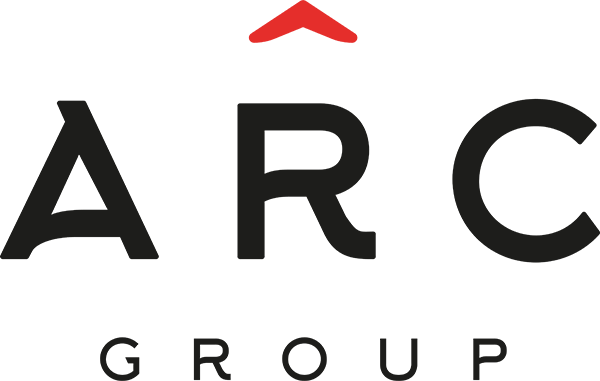
In China, the sphere of the sharing economy has been extended to include the medical industry, and nurse sharing has appeared as a new kind of service delivery offering basic treatment for patients in their homes.
According to the official data released by the National Health Commission of the People’s Republic of China, the number of registered nurses in China had reached nearly 3.8 million by the end of 2017. On average, that means that there are 2.74 nurses for every 1000 residents, which is far behind the global average of 5 nurses per 1000 people. Additionally, the average salary for a nurse in a hospital is quite low (6700RMB/month in a first tier city, and 5600 RMB/month in a second tier city), and many plan to quit practicing due to the low pay. The apps offer them a chance to continue to perform their vocation with a higher salary and more flexibility.
Presently in China, there are over 240 million people over the age of 60, and will grow to 400 million by 2035. Over 90% of the elderly choose to be cared for by their children or by caregivers who have little professional skill or training in caretaking. The demand for patient care is extremely high, and growing with the increasingly aging population.
Through the nurse sharing app, users can make an online appointment to reserve and order medical services ranging from intravenous transfusions to special care such as maternal support. The information of the registered nurses is collected and displayed on the platform, and users can choose their nurses based on their preference and select the time and location as well. The appointed nurse will arrive on the scheduled date with the required medication and tools to provide the medical services. Feedback and a service evaluation is an essential part of the application.
One of the major current nurse sharing platforms released data in 2017 that showed that half of the valid orders were centralized in Beijing and Shanghai. Transfusions were the most frequently purchased among the over 20 kinds of services provided. Generally, the price of nursing on the platform is much higher than in a hospital. For instance, the price of a normal transfusion set in the application is 169 CNY, which is eight times higher than in the hospital, where the cost is only 20 CNY.
Given the shortage of general practitioners in China, nurse sharing offers patients a more flexible and feasible approach to healthcare services. This kind of home care mobile application is principally geared to elderly and disabled people to help them receive basic treatments conveniently. As a result, even with the significant cost premium, the younger generations are eager to utilize the apps that could provide qualified care to their parents.
The rise of shared healthcare services will help improve utilization of medical resources, and to some extent, ease the family’s pressure to care for their elderly and disabled relatives.
However, such digital health apps face significant challenges due to the current lack of government regulations. Standardized regulations and policies are critical to help determine and manage the nurses’ qualifications. The responsibility when an incident or damage occurs during the service needs to be determined, clarified, and communicated clearly. While some companies have insurance, without proper consistent regulation, there are risks and confusions. The future of nurse share sites remains uncertain and largely depends on how official regulations will develop, despite the huge demand and great need for the service.
Read about our consulting services and our experience in the healthcare sector.
The insights provided in this article are for general informational purposes only and do not constitute financial advice. We do not warrant the reliability, suitability, or correctness of the content. Readers are advised to conduct independent research and consult with a qualified financial advisor before making any investment decisions. Investing in financial markets carries risks, including the risk of loss of principal. Past performance does not guarantee future results.
The views expressed herein are those of the author(s) and do not necessarily reflect the company's official policy. We disclaim any liability for any loss or damage arising from the use of or reliance on this article or its content. ARC Group relies on reliable sources, data, and individuals for its analysis, but accuracy cannot be guaranteed. Forward-looking information is based on subjective judgments about the future and should be used cautiously. We cannot guarantee the fulfillment of forecasts and forward-looking estimates. Any investment decisions based on our information should be independently made by the investor.
Readers are encouraged to assess their financial situation, risk tolerance, and investment objectives before making any financial decisions, seeking professional advice as needed.



